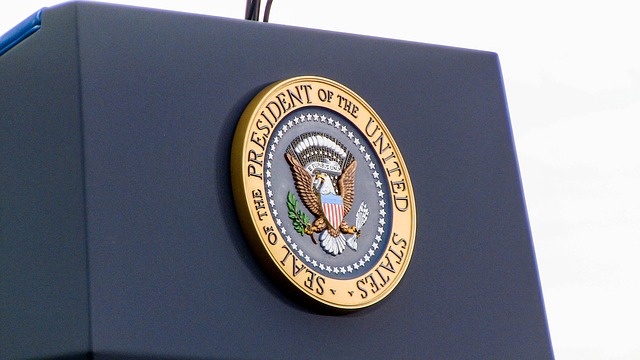
What is sovereign immunity? Recently, we discussed both absolute immunity and qualified immunity. Each of these are specific forms of “sovereign immunity.” In today’s blog, we’ll flesh out what this legal doctrine means, and its relevant to you.
What is Sovereign Immunity?
First, according to the Legal Information Institute, sovereign immunity means that “the government cannot be sued without its consent.” In other words, a government “cannot commit a legal wrong and is immune to civil suit or criminal prosecution.”
Let’s break this down.
- Immune to civil suit – a head of State (i.e. the President or a state governor) cannot become a defendant in court proceedings. They have protection from civil prosecution.
- Immune to criminal prosecution (aka enforcement) – Since the government enforces the laws, it fundamentally has no way of enforcing laws against itself. Therefore, the government has immunity from legal enforcement.
Complications with Sovereign Immunity
Second, you might think, ‘That sounds like monarchy or fascism to me!’ After all, if a government and its leader(s) are immune to prosecution, how can they be held accountable?
Consider Lex Rex by Samuel Rutherford, the ideas of John Locke, of Thomas Jefferson, and this quote from Barbie in Toy Story 3. “Governments are instituted among Men, deriving their just powers from the consent of the governed.” So, power comes from the people. Then we grant it to the government. Not the other way around.
The U.S. Constitution doesn’t give people laws they must follow, but rather gives the government laws they must follow. That’s the logic behind The Bill of Rights. The government is not immune from prosecution if it violates a person’s natural rights.
Sovereign Immunity and You
Third, how is this relevant? This is why it is essential to understand that the government cannot give you your rights. If the government has to give your rights to you, then you don’t have them inherently. If the government has to give your rights to you, then they’re justified in taking them away.
On the other hand, if people come “endowed by their Creator with certain unalienable Rights,” then we don’t need anyone to give us our rights. We already have them. The government’s job lies in protecting our rights from infringement – both by the government itself, and others.
But if so, how can sovereign immunity exist in America? The U.S. Constitution separates federal powers into different branches. Congress is meant to create laws; the President is meant to enforce those laws; and the Supreme Court handles the legal proceedings. They exist to hold one another accountable. In an ideal world, no government official holds absolute immunity forever. They can be held accountable for the laws the break. And that law can be enforced against them. At least, that’s how it’s supposed to work.
What is Sovereign Immunity? Ask Mark Catanzaro!
Finally, if you want to learn more about sovereign immunity, or need the best lawyer to defend your case, then contact the Offices of Mark Catanzaro!